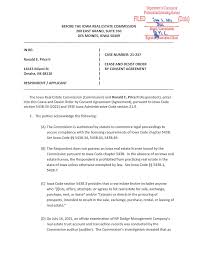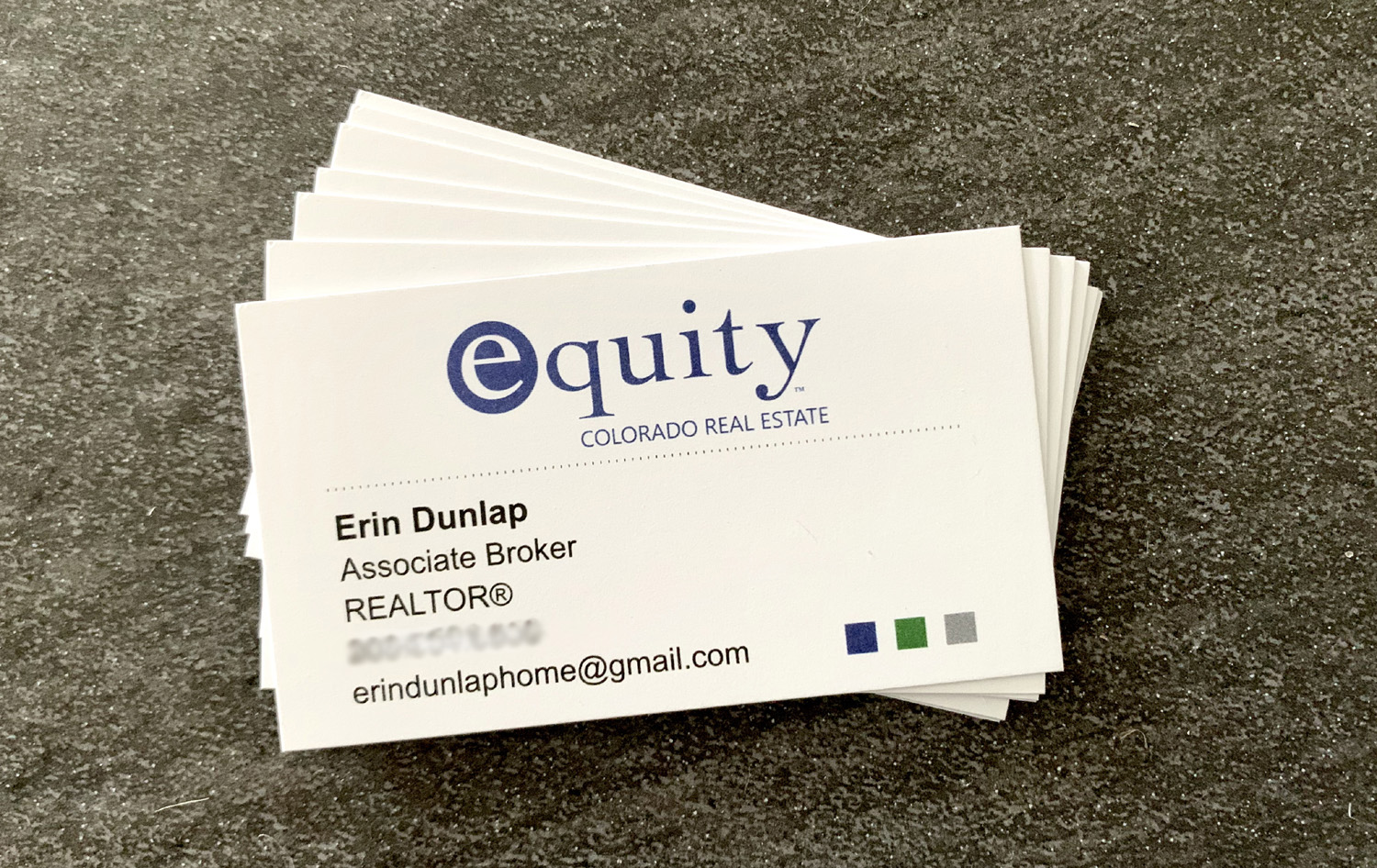
If you're planning on listing your home "For Sale By Owner," you may be wondering what the buyer's agent commission is for your area. It's not easy to find out what the commission you'll pay. You will generally pay a percentage off the price of the home. The commission typically amounts to five to six percent.
Before agreeing to your commission, it is important that you review the terms in your listing agreement. The commission is usually paid to the seller's brokerage, who will then divide it with the buyer’s agent. Some agents may be split in more than one way.
It is important to think about the benefits of using an agent buyer. They can help sell your house, and they can also show the most up-to-date homes in your targeted market. The buyer's representative can help you navigate the closing process. A buyer's agent can help arrange termite inspections. They are also able negotiate on your behalf.

You should learn about the benefits of using a professional real estate agent before you make a decision to hire one. You want to be sure you're working with a reputable and experienced real estate professional who can guide you through the buying and selling process. Many agents have access legal and financial professionals who can assist with negotiating offers and dealings with title companies.
Your agent may be able give you advice about ways to save on buyer's agents commissions. For instance, you can choose to work with an agent who will only charge you a flat fee for listing your property. This will reduce the commission by half. You can also determine the cost of individual services in your local real estate market.
The commission your agent receives can vary depending on where you live. Some cities have laws that mandate sellers to pay at least 1.5% to their buyer's agent. Others, such as Westchester County (New York), have a lower rate. Still, if your broker gives you a good deal, you can't complain.
Even if your agent is not there, it's still important to do an in-depth analysis of the property's worth. It will depend on the quality of your marketing, where you live, how competitive your area is, and whether your home sells for the best price. For a title search and appraisal of your property, a local realty lawyer can help you get the best deal.

In order to obtain financing, buyer's agents can be very helpful. Although lenders don't usually allow home buyers to pay termite inspections, a real agent can make arrangements. The buyer's agents can also offer valuable services like a market analysis.
Remember that a buyer's agency commission cannot be cancelled after you have signed a purchase contract. The good news is that you don't need to pay commission if you find a buyer who is actually interested in buying your house.
FAQ
Can I purchase a house with no down payment?
Yes! Yes. There are programs that will allow those with small cash reserves to purchase a home. These programs include conventional mortgages, VA loans, USDA loans and government-backed loans (FHA), VA loan, USDA loans, as well as conventional loans. Visit our website for more information.
How much does it take to replace windows?
Window replacement costs range from $1,500 to $3,000 per window. The total cost of replacing all your windows is dependent on the type, size, and brand of windows that you choose.
How long does it take to get a mortgage approved?
It is dependent on many factors, such as your credit score and income level. It typically takes 30 days for a mortgage to be approved.
What flood insurance do I need?
Flood Insurance covers flooding-related damages. Flood insurance protects your possessions and your mortgage payments. Learn more information about flood insurance.
What are the 3 most important considerations when buying a property?
Location, price and size are the three most important aspects to consider when purchasing any type of home. Location refers to where you want to live. Price is the price you're willing pay for the property. Size refers the area you need.
Statistics
- Some experts hypothesize that rates will hit five percent by the second half of 2018, but there has been no official confirmation one way or the other. (fortunebuilders.com)
- 10 years ago, homeownership was nearly 70%. (fortunebuilders.com)
- This seems to be a more popular trend as the U.S. Census Bureau reports the homeownership rate was around 65% last year. (fortunebuilders.com)
- When it came to buying a home in 2015, experts predicted that mortgage rates would surpass five percent, yet interest rates remained below four percent. (fortunebuilders.com)
- This means that all of your housing-related expenses each month do not exceed 43% of your monthly income. (fortunebuilders.com)
External Links
How To
How to Manage A Rental Property
Although renting your home is a great way of making extra money, there are many things you should consider before you make a decision. These tips will help you manage your rental property and show you the things to consider before renting your home.
Here are some things you should know if you're thinking of renting your house.
-
What factors should I first consider? Consider your finances before you decide whether to rent out your house. If you have outstanding debts like credit card bills or mortgage payment, you may find it difficult to pay someone else to stay in your home while that you're gone. Your budget should be reviewed - you may not have enough money to cover your monthly expenses like rent, utilities, insurance, and so on. It may not be worth it.
-
How much will it cost to rent my house? The cost of renting your home depends on many factors. These factors include the location, size and condition of your home, as well as season. It's important to remember that prices vary depending on where you live, so don't expect to get the same rate everywhere. The average market price for renting a one-bedroom flat in London is PS1,400 per month, according to Rightmove. This would translate into a total of PS2,800 per calendar year if you rented your entire home. While this isn't bad, if only you wanted to rent out a small portion of your house, you could make much more.
-
Is this worth it? You should always take risks when doing something new. But, if it increases your income, why not try it? It is important to understand your rights and responsibilities before signing anything. Renting your home won't just mean spending more time away from your family; you'll also need to keep up with maintenance costs, pay for repairs and keep the place clean. These are important issues to consider before you sign up.
-
Are there benefits? Now that you have an idea of the cost to rent your home, and are confident it is worth it, it is time to consider the benefits. You have many options to rent your house: you can pay off debt, invest in vacations, save for rainy days, or simply relax from the hustle and bustle of your daily life. It's more fun than working every day, regardless of what you choose. You could make renting a part-time job if you plan ahead.
-
How do I find tenants Once you've made the decision that you want your property to be rented out, you must advertise it correctly. Make sure to list your property online via websites such as Rightmove. Once potential tenants reach out to you, schedule an interview. This will allow you to assess their suitability, and make sure they are financially sound enough to move into your house.
-
How do I ensure I am covered? If you're worried about leaving your home empty, you'll need to ensure you're fully protected against damage, theft, or fire. Your landlord will require you to insure your house. You can also do this directly with an insurance company. Your landlord will likely require you to add them on as additional insured. This is to ensure that your property is covered for any damages you cause. This does not apply if you are living overseas or if your landlord hasn't been registered with UK insurers. You will need to register with an International Insurer in this instance.
-
If you work outside of your home, it might seem like you don't have enough money to spend hours looking for tenants. You must put your best foot forward when advertising property. It is important to create a professional website and place ads online. You'll also need to prepare a thorough application form and provide references. While some prefer to do all the work themselves, others hire professionals who can handle most of it. Interviews will require you to be prepared for any questions.
-
What happens after I find my tenant?After you've found a suitable tenant, you'll need to agree on terms. You will need to notify your tenant about any changes you make, such as changing moving dates, if you have a lease. If this is not possible, you may negotiate the length of your stay, deposit, as well as other details. You should remember that although you may be paid after the tenancy ends, you still need money for utilities.
-
How do I collect my rent? You will need to verify that your tenant has actually paid the rent when it comes time to collect it. If not, you'll need to remind them of their obligations. Any outstanding rents can be deducted from future rents, before you send them a final bill. If you're struggling to get hold of your tenant, you can always call the police. The police won't ordinarily evict unless there's been breach of contract. If necessary, they may issue a warrant.
-
How can I avoid potential problems? Although renting your home is a lucrative venture, it is also important to be safe. Make sure you have carbon monoxide detectors installed and security cameras installed. Also, make sure you check with your neighbors to see if they allow you to leave your home unlocked at night. You also need adequate insurance. Finally, you should never let strangers into your house, even if they say they're moving in next door.